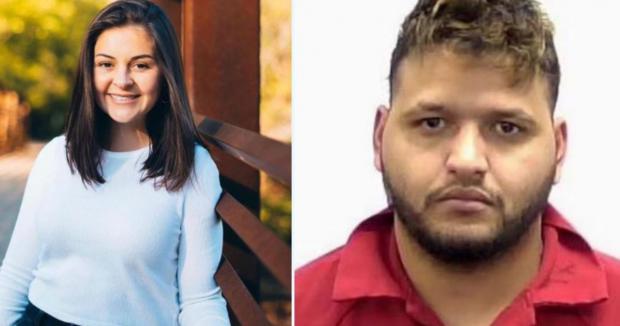
Breaking News
 Cat's claw bark emerges as Lyme disease's nemesis, outsmarting stealth bacteria when antibio
Cat's claw bark emerges as Lyme disease's nemesis, outsmarting stealth bacteria when antibio
 POWERFUL FULL INTERVIEW: Judge Joe Brown Thinks Trump Is Using The Epstein Files...
POWERFUL FULL INTERVIEW: Judge Joe Brown Thinks Trump Is Using The Epstein Files...
 The Unpopular Truth About Foreign Aid
The Unpopular Truth About Foreign Aid
 Elon Musk, Just Deliver Constitution Support and Ballot Access
Elon Musk, Just Deliver Constitution Support and Ballot Access
Top Tech News
 Insulator Becomes Conducting Semiconductor And Could Make Superelastic Silicone Solar Panels
Insulator Becomes Conducting Semiconductor And Could Make Superelastic Silicone Solar Panels
 Slate Truck's Under $20,000 Price Tag Just Became A Political Casualty
Slate Truck's Under $20,000 Price Tag Just Became A Political Casualty
 Wisdom Teeth Contain Unique Stem Cell That Can Form Cartilage, Neurons, and Heart Tissue
Wisdom Teeth Contain Unique Stem Cell That Can Form Cartilage, Neurons, and Heart Tissue
 Hay fever breakthrough: 'Molecular shield' blocks allergy trigger at the site
Hay fever breakthrough: 'Molecular shield' blocks allergy trigger at the site
 AI Getting Better at Medical Diagnosis
AI Getting Better at Medical Diagnosis
 Tesla Starting Integration of XAI Grok With Cars in Week or So
Tesla Starting Integration of XAI Grok With Cars in Week or So
 Bifacial Solar Panels: Everything You NEED to Know Before You Buy
Bifacial Solar Panels: Everything You NEED to Know Before You Buy
 INVASION of the TOXIC FOOD DYES:
INVASION of the TOXIC FOOD DYES:
 Let's Test a Mr Robot Attack on the New Thunderbird for Mobile
Let's Test a Mr Robot Attack on the New Thunderbird for Mobile
 Facial Recognition - Another Expanding Wolf in Sheep's Clothing Technology
Facial Recognition - Another Expanding Wolf in Sheep's Clothing Technology
Illegal Alien Who Murdered Laken Riley Secures Massive Win in Court, May Receive Fresh Trial

Jose Ibarra, an illegal alien from Venezuela who killed 22-year-old Georgia nursing student Laken Riley in cold blood, was found guilty on all charges during his trial last November.
These convictions included malice murder, felony murder, kidnapping with bodily injury, aggravated assault with intent to rape, aggravated battery, obstruction of an emergency call, tampering with evidence, and being a peeping Tom.
However, Ibarra's defense team has now appealed his conviction on the grounds that he suffers from a "congenital deficiency" that could have affected his decision-making at the time of the murder.
"[Our client] is suffering from a congenital deficiency which could render the client incapable of preparing a defense and standing trial," his lawyers wrote in a filing last month.
They added that he "lacks the mental capacity to understand the nature and object of the proceedings," and that counsel "believes that this was in existence at the time of the offense and at the time of the trial."
This possibility was accepted by Judge Patrick Haggard, who ruled that Ibarra must now undergo a psychiatric evaluation to determine whether his mental health was an aggravating issue.
Meanwhile, Prosecutor Sheila Ross responded by arguing that no evidence has been presented to support the claim that Ibarra suffers from any form of mental disability.
"There were no challenges or concerns about Defendant's competency to stand trial during the pretrial and trial proceedings," she wrote.
"Moreover, there is nothing in the trial record that would suggest that Defendant was not competent during his trial."
Ibarra, who has links to the Venezuelan gang Tren de Aragua, is currently facing life without the possibility of parole.
While it remains still highly unlikely that Ibarra will ever see the light of day, this process could lead to a situation where he benefits from a more lenient sentence as a result of "diminished responsibility."
The evaluation will also cost hundreds of thousands of dollars in taxpayer money that should be used elsewhere.



